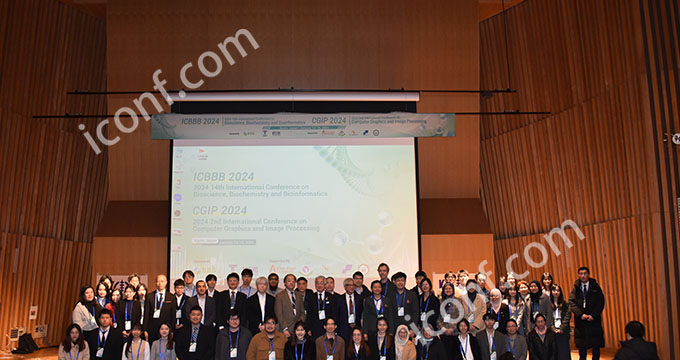

276 views||Release time: Jul 09, 2025
International academic conferences are key opportunities for scholars to share findings, gain feedback, and build a global network. Attending these events can elevate your research profile, open doors to collaborations, and keep you informed about the latest developments in your field. But how can you successfully attend an international conference? Here’s a step-by-step guide to help you navigate the process confidently.

Before selecting a conference, clearly define why you want to attend. Are you looking to present your work, expand your knowledge, or connect with experts in your field? Understanding your primary goals will help you choose conferences that align with your academic ambitions and research focus.
Not every conference will suit your needs. Look for events that match your subject area, offer quality sessions, and have a strong reputation. A curated platform like iconf.com helps simplify this process by listing high-quality academic conferences worldwide, allowing you to focus on preparing your submission instead of endless searching.
Most international academic conferences require a submission of an abstract or full paper. Review the guidelines carefully, including formatting, word count, and deadlines. Crafting a clear, concise, and impactful abstract is essential to increase your chances of acceptance.
Once your submission is accepted, complete the registration process promptly. For in-person events, plan your travel and apply for a visa if needed. Prepare supporting documents such as the acceptance letter, invitation from the conference, and proof of funding or sponsorship.
Whether you are giving an oral presentation or a poster session, practicing in advance is crucial. Prepare visual aids, anticipate possible questions, and ensure your delivery is confident and engaging. A well-prepared presentation leaves a strong impression and attracts potential collaborators.
Beyond presenting, international conferences are valuable networking hubs. Attend workshops, panel discussions, and informal gatherings to connect with fellow researchers, potential mentors, and industry leaders. Building relationships can lead to future research partnerships and career opportunities.
After returning, follow up with new contacts and continue discussions started during the conference. Share your experiences and key insights with your research team or institution. Staying connected helps strengthen your academic network and supports future growth.
Finding the right international academic conference can be challenging. Platforms like iconf.com make it easier by offering an up-to-date collection of high-quality conferences across various disciplines. With this resource, you can confidently choose the best events for your goals and simplify your entire conference journey.
Attending international academic conferences is an important step in advancing your research and expanding your professional network. By following a clear process and using reliable resources, you can maximize your impact and make the most of every opportunity. Let iconf.com be your trusted guide in finding the right conferences to support your academic success.